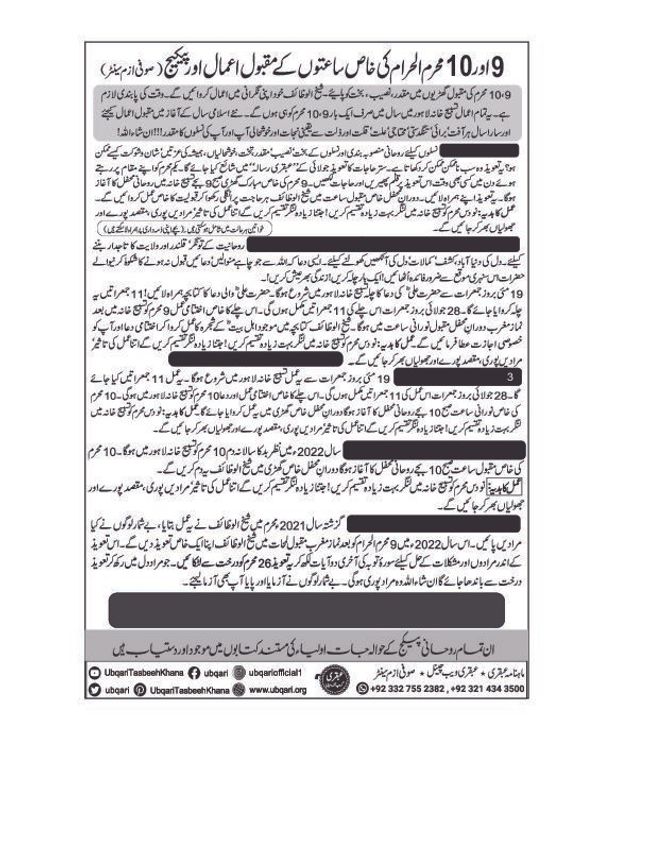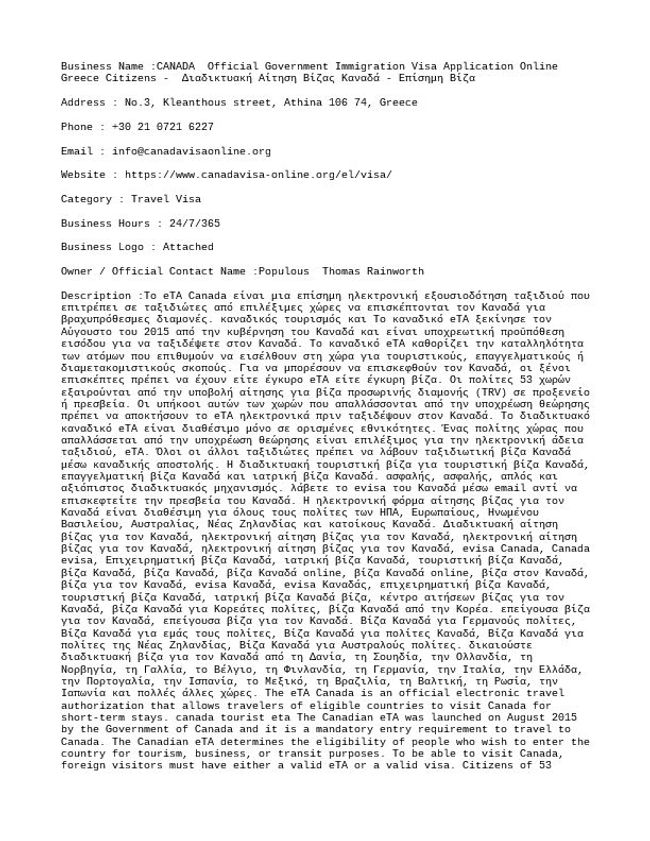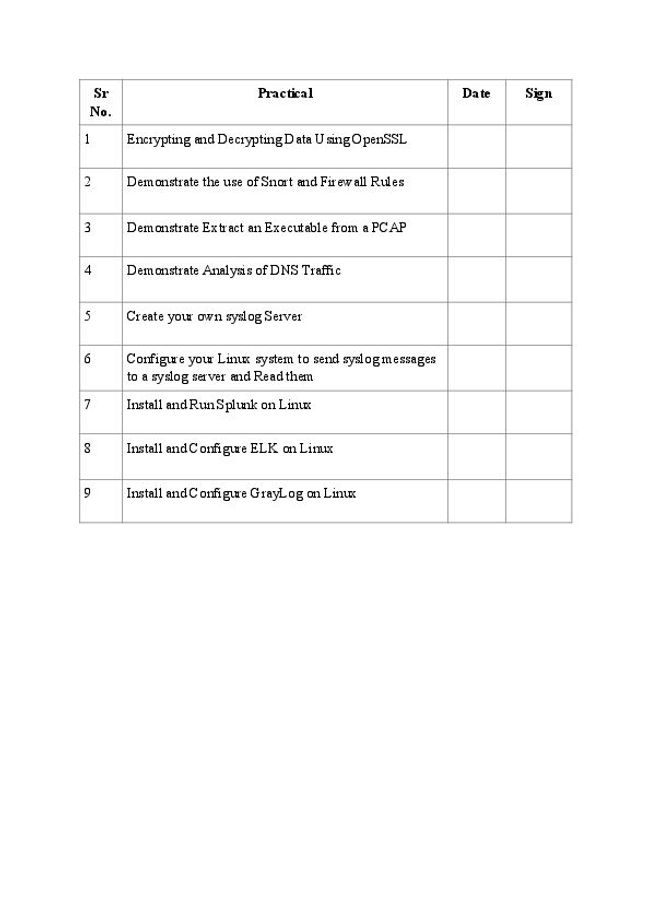搜索结果 (259,474)
KN95 mask mold welding head 15K20K30K mask welding mold mask machine ultrasonic lace machine welding head.pdf
Administrator
Ningbo XiaoNeng Precision Machinery Co., Ltd is China Ultrasonic Plastic Welding Machine Manufacturers, we are committed to the research and development and application of welding technology for industrial plastics. As a professional Ultrasonic Plastic Welding Machines factory, our products include hot plate welding machine, intelligent ultrasonic welding machine, multi head and multi station ultrasonic welding machine, hot riveter, resolver, high frequency inducer, automobile bumper punching welding machine, wholesale ultrasonic plastic welding machine etc.; and various non-standard auto parts welding equipment, vibration friction machine, ultrasonic mold and various auto parts testing equipment, air tight water tight testing equipment, inspection tools and various welding dies Production oriented enterprises.

Massive MIMO Systems
CC BY
Multiple-input, multiple-output (MIMO), which transmits multiple data streams via multiple antenna elements, is one of the most attractive technologies in the wireless communication field. Its extension, called ‘massive MIMO’ or ‘large-scale MIMO’, in which base station has over one hundred of the antenna elements, is now seen as a promising candidate to realize 5G and beyond, as well as 6G mobile communications. It has been the first decade since its fundamental concept emerged. This Special Issue consists of 19 papers and each of them focuses on a popular topic related to massive MIMO systems, e.g. analog/digital hybrid signal processing, antenna fabrication, and machine learning incorporation. These achievements could boost its realization and deepen the academic and industrial knowledge of this field.

Wege aus der Insolvenz
CC BY
Unternehmenskrisen und -insolvenzen sind permanente Erscheinungen des Wirtschaftslebens. Die Insolvenz bedeutet jedoch nicht zwangsläufig das Ende, sondern es existieren unter bestimmten Voraussetzungen «Wege aus der Insolvenz». Der Fortbestand des gesamten Unternehmens oder einzelner Unternehmensteile ist möglich. Aus betriebswirtschaftlicher Sicht analysiert der Autor den Fortführungs- und Sanierungsprozess insolventer kleiner und mittelständischer Unternehmen (KMU). Empirisch fundiert werden die Ausgangssituation insolventer KMU und die Haupteinflussfaktoren eines erfolgreichen Fortführungs- und Sanierungsprozesses ermittelt. Dadurch werden Erkenntnisse über eine erfolgreiche Insolvenzbewältigung generiert, welche den betroffenen Akteuren Hilfestellungen für Insolvenzsanierungen geben und Defizite gescheiterter Insolvenzsanierungen erklären können.

CCNA 200-301 Certification Demystified Tackling Exam Questions with Confidence.pdf
nwexam.com
📚 Embark on a thrilling journey into networking with the Cisco CCNA 200-301 exam! Unravel the secrets, conquer CCNA exam questions, and earn your golden ticket to success. This comprehensive guide covers the exam's essentials, study tips, and top resources. Master the art of tackling questions, build a solid study plan, and explore the role of networking fundamentals. 🎓 With a CCNA certification, you'll open doors to exciting career opportunities in the ever-evolving IT industry. The future is yours for the taking – become the tech hero every organization dreams of having! 🚀🌐 #CCNA #Networking #ITSuccess

Best Locations for Flats in Gurgaon Find Your Ideal Neighborhood with Sheerbulls India.pdf
Discover your dream home in Gurgaon with Sheerbulls India! Our real estate experts bring you the best locations for flats in Gurgaon, ensuring you find your ideal neighborhood. Whether you seek luxurious properties or affordable options, we offer a wide range of flats for sale in Gurgaon. Trust Sheerbulls India for all your property needs in this vibrant city.

Best And Trusted Family Dentistry from Best Dentist in Oshawa Ontario.pdf
Dentist in oshawa ontario, we make you smile with comfortable care. We provide you with personalized care to enhance the natural beauty of your smile.

Advances in Chemical Vapor Deposition
CC BY
Pursuing a scalable production methodology for materials and advancing it from the laboratory to industry is beneficial to novel daily-life applications. From this perspective, chemical vapor deposition (CVD) offers a compromise between efficiency, controllability, tunability and excellent run-to-run repeatability in the coverage of monolayers on substrates. Hence, CVD meets all of the requirements for industrialization in basically all areas, including polymer coatings, metals, water-filtration systems, solar cells and so on. The Special Issue “Advances in Chemical Vapor Deposition” is dedicated to providing an overview of the latest experimental findings and identifying the growth parameters and characteristics of perovskites, TiO2, Al2O3, VO2 and V2O5 with desired qualities for potentially useful devices.
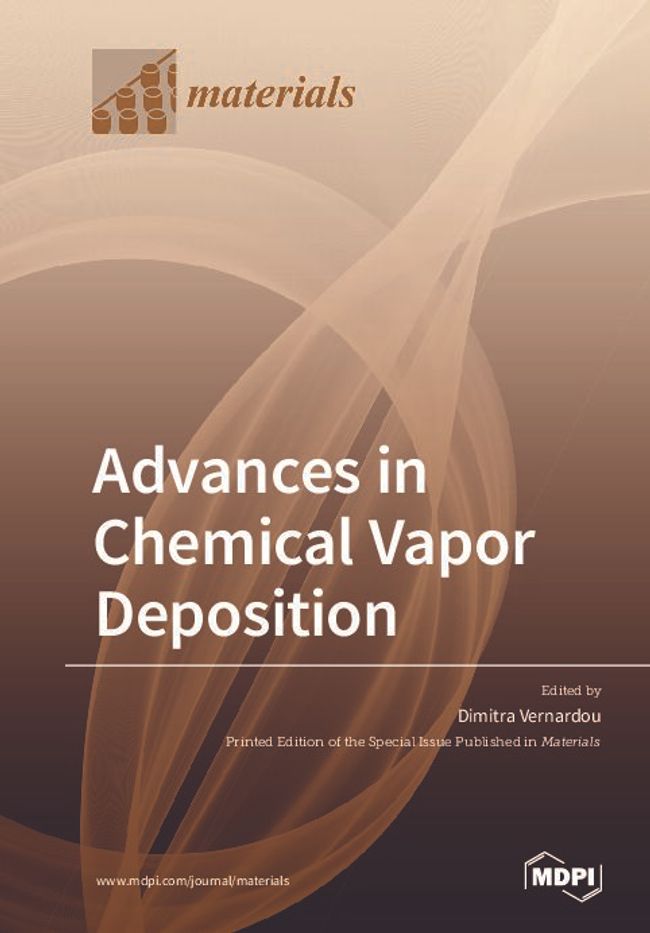
SAP E_HANAAW_16 Certification Guide - Prepare and Excel
Micheal
Ace the SAP E_HANAAW_16 certification exam with confidence. Explore comprehensive study materials, practice tests, and expert tips on ExamsEmpire. Start your journey to success now!
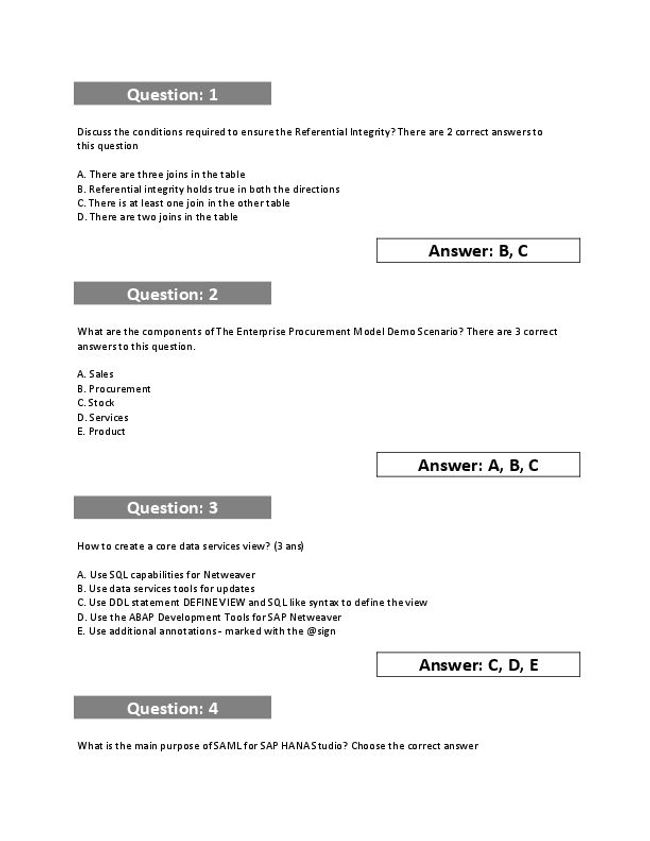
Brijon-Veterinary-Urgent-Care.pptx.pdf
Brijon veterinary Urgent care
Elevate your pet's well-being with Brijon Veterinary Urgent Care, your local partner committed to more than just exceptional veterinary services. We go the extra mile in contributing to the overall health and happiness of pets across Massachusetts. Through active community engagement and educational initiatives, we aim to foster a healthier and more connected pet community. Choose Brijon Veterinary Urgent Care for a compassionate and community-driven approach to pet care. Download our PDF to learn more about our commitment to the well-being of your furry companions. https://brijonveterinary.com/

Dr.Manish Pathak | Best Dentist in Pimpri-Chinchwad, Pune | Dentist Nearby Me
Dr. Manish Pathak is the youngest best dentist in Pune to hold two postgraduate degrees. 100% Kids friendly Kids Dentist near me

Data Science Course with Placement: Digicrome Presents Affordable Data Science Course Fees for Enhanced Earnings
Digicrome
Digicrome's provides Best Data Science Course by Industry expert with comprehensive AI and data science training. Real-world projects and industry connections ensure success.
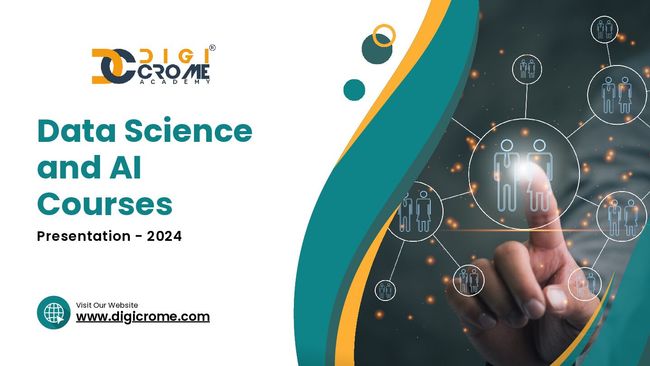
Migration and Hybrid Political Regimes
CC BY
While migration has become a vital issue worldwide, mainstream literature on migrants’ legal adaptation and integration has focused on cases in Western-style democracies. We know relatively little about how migrants adapt in the ever-growing hybrid political regimes that are neither clearly democratic nor conventionally authoritarian. This book takes up the case of Russia—the third largest recipient of migrants worldwide—and investigates how Central Asian migrant workers produce new forms of informal governance and legal order. Migrants use the opportunities provided by a weak rule of law and a corrupt political system to navigate the repressive legal landscape and to negotiate, using informal channels, access to employment and other opportunities that are hard to obtain through the official legal framework of their host country. This lively ethnography presents new theoretical perspectives for studying legal incorporation of immigrants in similar political contexts. “Not only provides a brilliant analysis of the under-researched Russian case but also significantly adds to the existing knowledge of undocumentedness, informality, and migrant agency.” JOAQUÍN ARANGO, COMPLUTENSE UNIVERSITY OF MADRID“Rustamjon Urinboyev’s empathetic interviewing style allows him to illuminate complex social relationships, parallel legal orders, and behavioral norms. A remarkable book, rich in stories of extraordinary people, embedded in theoretical analysis.” JUDITH ALLOT, UNIVERSITY OF OXFORD, RESEARCH DIRECTOR OF GULAGECHOES“Ethnographically rich and theoretically ambitious, this book reveals the extralegal negotiations through which migrant workers, employers, middlemen, and streetlevel bureaucrats negotiate the Russian migration system. An original and important contribution.” MADELEINE REEVES, UNIVERSITY OF MANCHESTER RUSTAMJON URINBOYEV is Associate Professor in the Department of Sociology of Law at Lund University and Senior Researcher in Russian and Eurasian Studies at University of Helsinki, Aleksanteri Institute.

Inklusion–Exklusion
CC BY-NC-ND
Das Gerichtswesen der spätmittelalterlichen Stadt erscheint in vieler Hinsicht rätselhaft: Trotz reger Bautätigkeit tagten die Gerichte zumeist im Freien; wenngleich die Kommunen schon früh eine elaborierte Schriftlichkeit nutzten, fand das Prozessgeschehen meist mündlich statt, und obwohl der Rat nicht selten promovierte Juristen als Schreiber in Dienst nahm, urteilten an seinen Gerichten ausschließlich Laien. Das Buch unternimmt den Versuch, diese und andere Phänomene zu plausibilisieren, indem es sie auf die Leitunterscheidung von Zugehörigkeit und Nicht-Zugehörigkeit zurückführt. Als empirische Grundlage dient das umfangreiche Quellenmaterial der Stadt Köln, dass zur Zeit der Abfassung der Studie noch verfügbar war.This book is made open access as part of the Knowledge Unlatched KU Open Services

logistics-in-saudi-arabia-business-guide
Dar Ul Abideen Logistics Services delivers warehousing and supply chain solutions built on efficiency, security, and accuracy. Our advanced facilities and smart systems enhance stock visibility, accelerate distribution, and support flawless order fulfillment, strengthening logistics performance for growing businesses across Saudi Arabia.
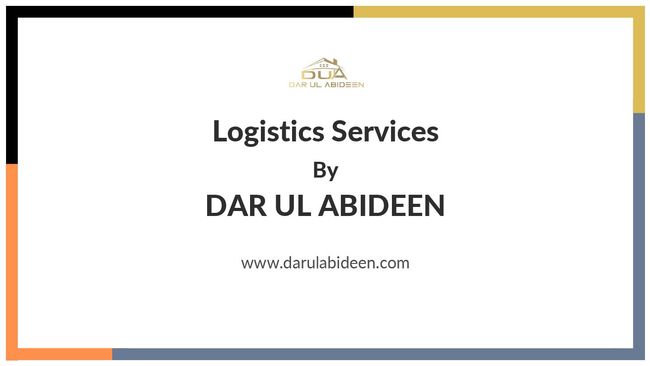
logistics-company-in-saudi-arabia
At Dar Ul Abideen Logistics Services, precision meets protection in every warehouse operation. With secure infrastructure and technology-driven processes, we reduce inventory errors, streamline deliveries, and maintain consistent fulfillment, helping Saudi enterprises scale with confidence.

logistics-company-in-riyadh-presentation
Efficiency and safety are at the core of Dar Ul Abideen Logistics Services’ warehousing solutions. By combining secure storage with intelligent supply chain systems, we optimize inventory control, speed up distribution cycles, and build dependable logistics networks across Saudi Arabia.

iyadh-logistics-companies-overview
Dar Ul Abideen Logistics Services empowers businesses with high-precision warehousing and supply chain solutions. Our secure facilities and data-driven systems ensure accurate inventory management, faster fulfillment, and uninterrupted distribution—supporting long-term growth throughout Saudi Arabia.

3pl-logistics-services-in-saudi-arabia
Designed for performance and reliability, Dar Ul Abideen Logistics Services offers warehousing solutions that prioritize safety, speed, and accuracy. Our intelligent logistics systems enable seamless fulfillment and stronger supply chains, helping Saudi businesses expand efficiently.

Best Chance To Clear VMware 5V0-22.21 Exam With Real Questions On First Attempt.pdf
Killtest
5V0-22.21
Killtest can offer you the most reliable 5V0-22.21 exam questions for the 5V0-22.21 VMware vSAN Specialist Exam. You just need to prepare through these 5V0-22.21 practice questions and you have the best chance to clear the VMware vSAN Specialist Exam on the first attempt. With these VMware 5V0-22.21 actual questions and answers, you don't need to worry as you don't have to take VMware 5V0-22.21 exam classes. The VMware 5V0-22.21 real questions are highly recommended as these are one of the most comprehensive preparatory materials for the 5V0-22.21 VMware vSAN Specialist Exam.




